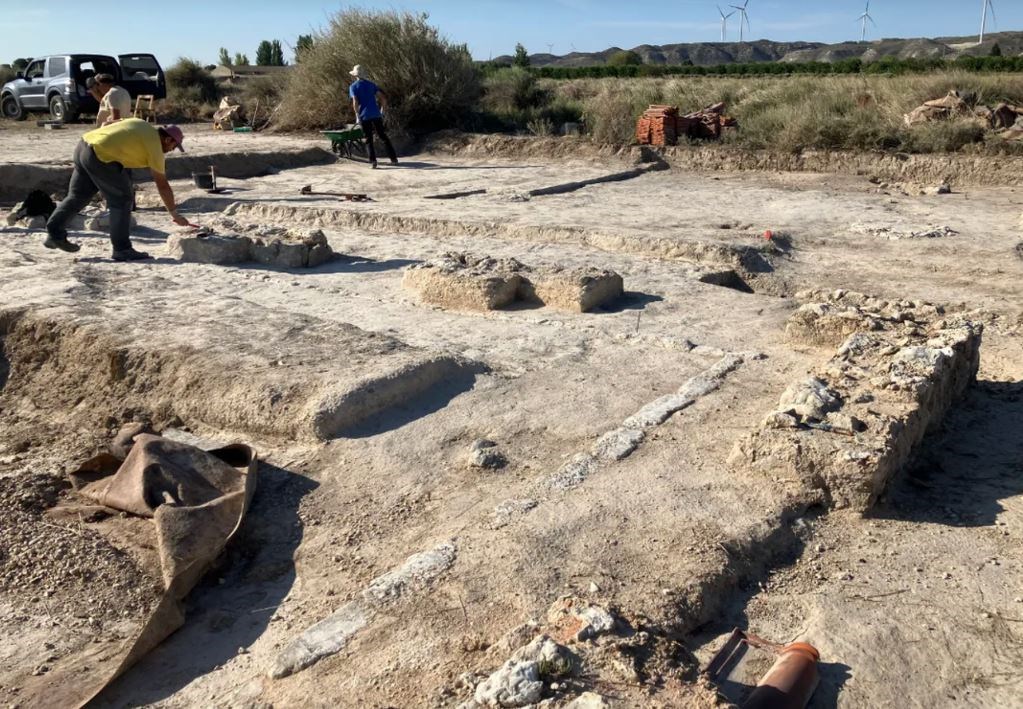2,000-year-old Roman city plaza unraveled in Spain
A significant archaeological discovery has been made at the La Cabaneta site in Spain, where researchers have unearthed the remains of a massive Roman plaza dating back 2,000 years.
-

La Cabaneta archaeological site, Spain (The University Of Zaragoza)
Archaeologists have made a remarkable discovery at the La Cabaneta archaeological site in Spain, unearthing the ruins of a colossal 2,000-year-old Roman plaza. This historic find represents the oldest-known public square found in the interior of the Iberian Peninsula.
Located alongside the Ebro River in northeastern Spain, the city dates back to around 200 BCE. Unfortunately, much of the city's history remains shrouded in mystery, including its name. It was destroyed during the Sertorian War, a civil conflict that took place approximately a century after its establishment around 70 BCE.
In July, after a hiatus of nearly a decade, archaeologists resumed excavations in the central area of the site, where they made this fascinating discovery. The uncovered plaza is enclosed by a portico adorned with artisanal tiles and adjacent chambers that likely served commercial purposes. The city was meticulously organized in a grid layout, and its location along the river would have made it a highly efficient hub for merchants and transportation.
Researchers are enthusiastic about gaining deeper insights into Roman settlement patterns in the region, which was home to multiple Roman provinces, through the study of this remarkable plaza.
Read next: 2,000 year-old Roman perfume bottle discovered in Spanish tomb

 2 Min Read
2 Min Read








